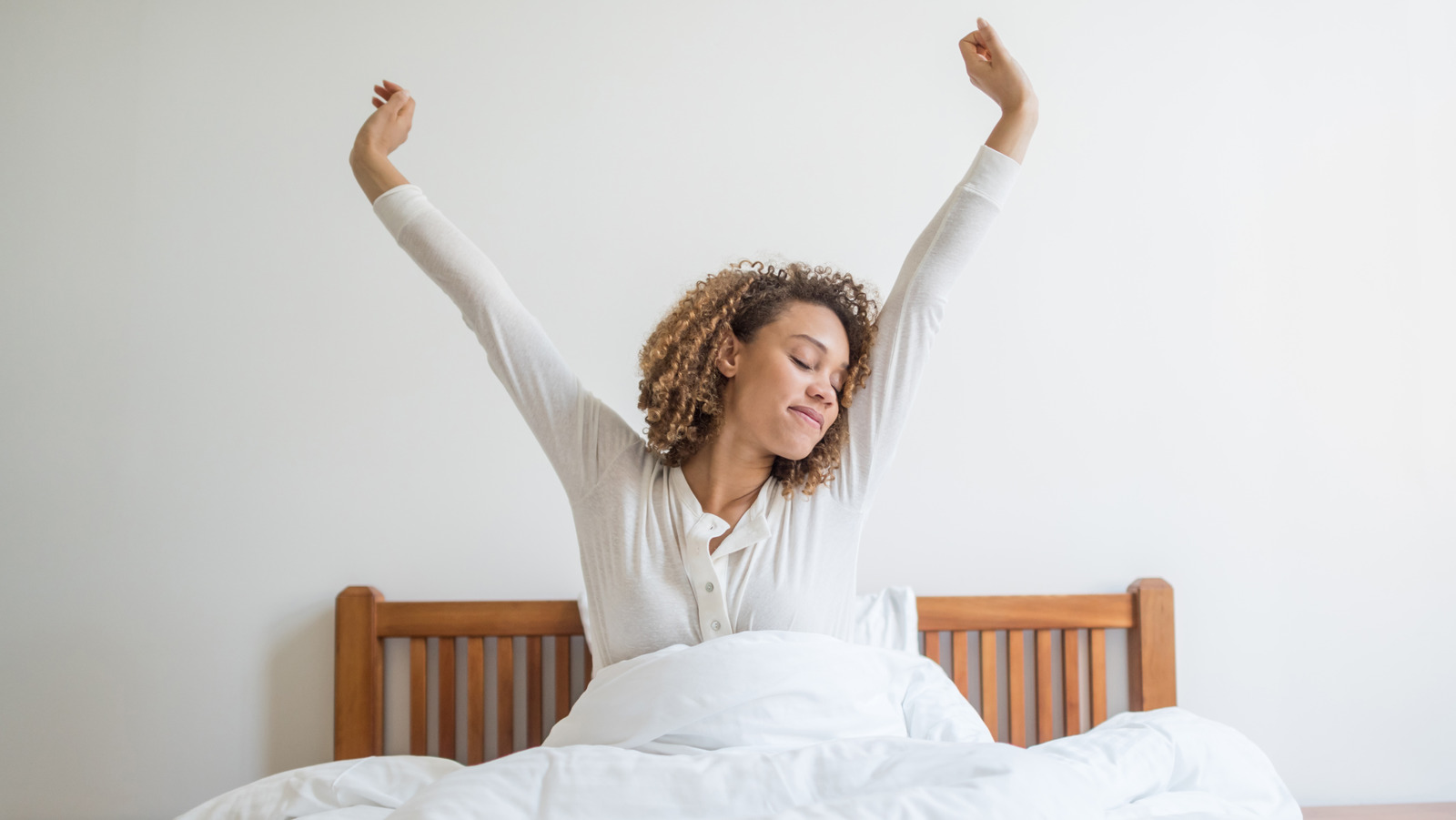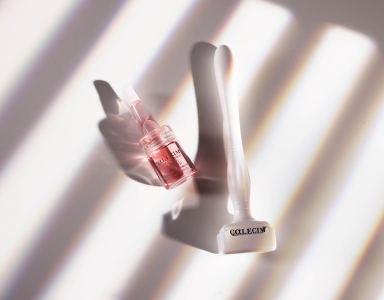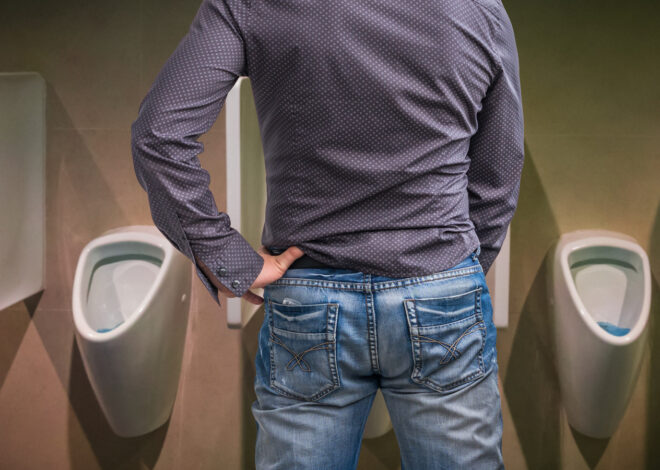
This Is The Best Sleep Position To Protect Your Brain – Health Digest

Although people and animals sleep in different positions, a 2015 study in The Journal of Neuroscience looked at how body posture during sleep affects the glymphatic system. Using advanced imaging and modeling techniques on rats under anesthesia, researchers found that the lateral (side) sleeping position is the most efficient for waste removal compared to lying on the back (supine) or stomach (prone). This suggests that the common side sleeping position is the most efficient for glymphatic transport during sleep.
Sleeping on your back for more than two hours a night is more common in people with neurodegenerative diseases such as Parkinson’s, Alzheimer’s, and other types of dementia, according to a 2019 article in the Journal of Alzheimer’s Disease. The researchers suggested that gravity influences how blood moves out of the brain, and the position of the head during sleep may impact how efficiently the brain clears proteins.
A 2022 article in Frontiers in Neuroscience found that people with obstructive sleep apnea could have problems with their glymphatic system. In particular, when people with sleep apnea have periodic episodes of low oxygen during sleep, this could activate the inflammatory response and damage the glymphatic system.


